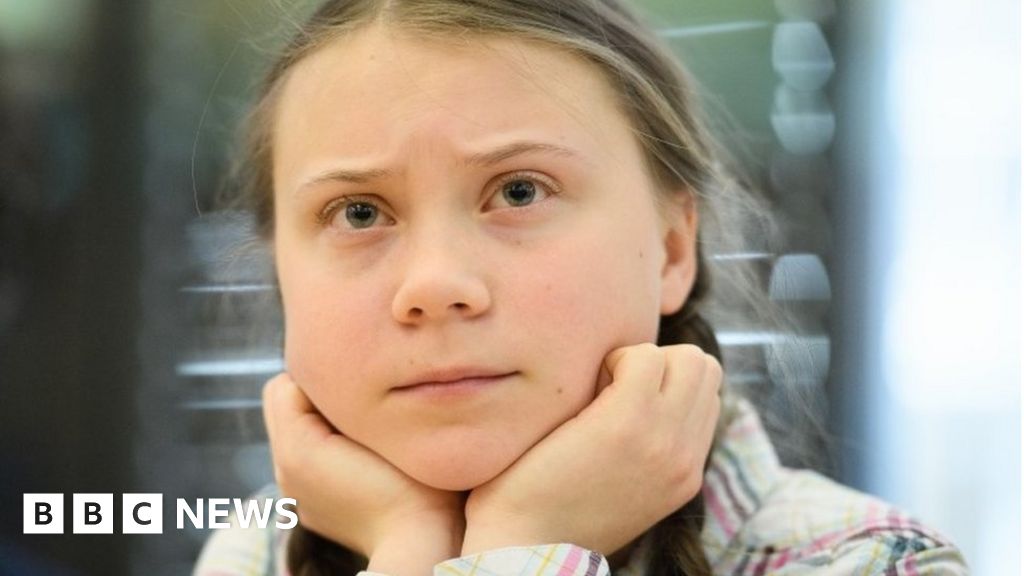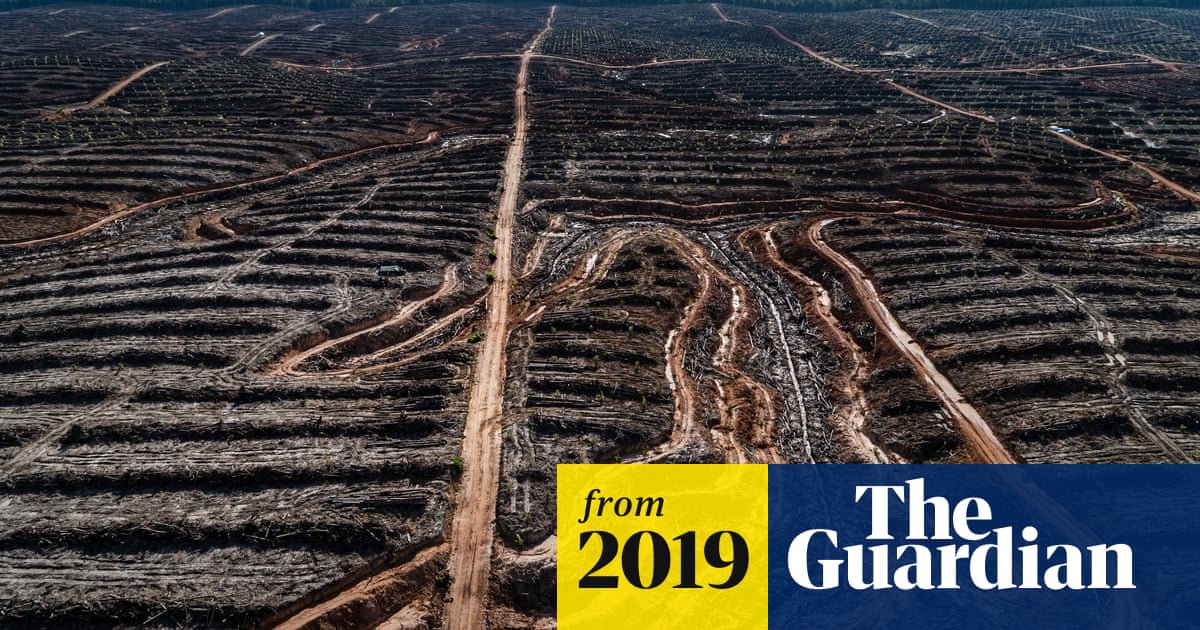The political issue is that they don't consider the future. Why lift a finger or spend any money that will benefit the opposition who are probably going to be in by the time it comes to fruition. That happened with the millennium dome successive governments stole credit/blamed their predecessors as it cycled from a success to a huge empty carpark. That's how bad they are on projects that last a decade things that would take generations are just beyond their collective ability to comprehend.
Democracies greatest weakness is short term thinking. Add a strictly two party system like ours where coalitions and compromise are utterly alien concepts and its even more pronounced, they are only bothered by their own term in office.
It's the same with the issue of antibiotic resistance. Everyone knows what's coming, the experts are practically screaming about it, yet hardly anything is done about it. We still pump farm animals full of the stuff to keep them alive in their cramped, inhumane conditions. And so on and so forth. Crazy.




